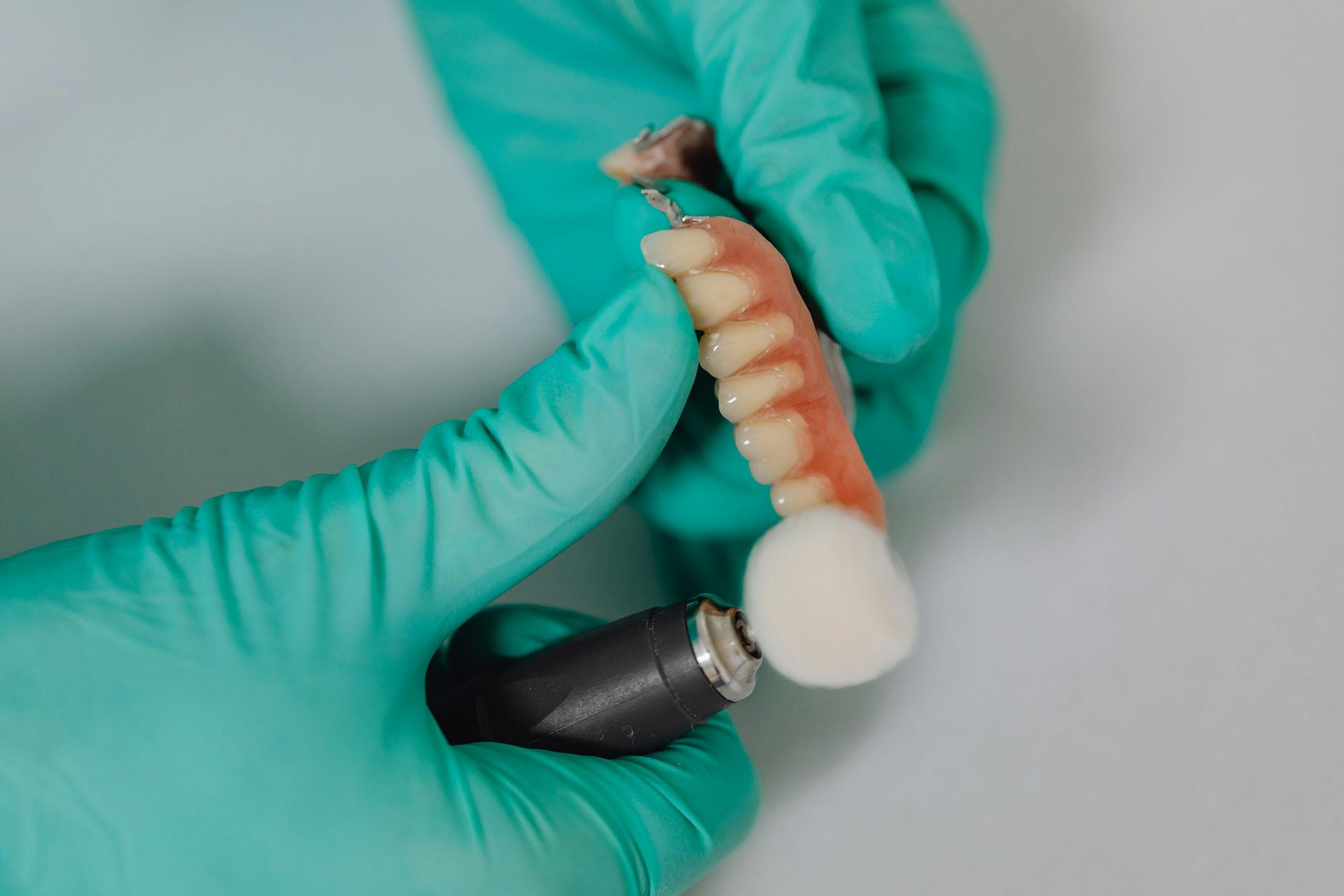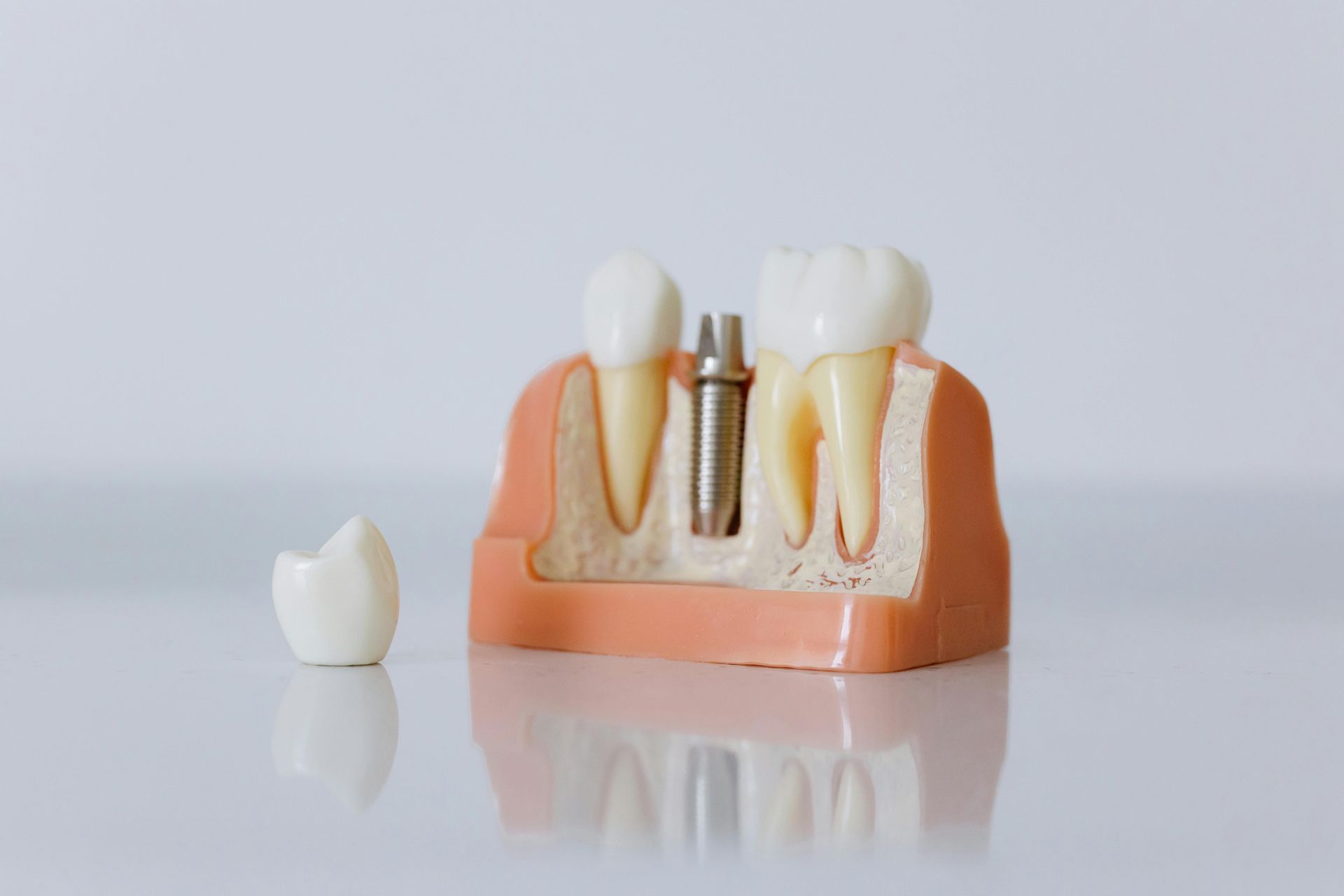The Importance of Flossing and Avoiding Periodontal Disease
The Importance of Avoiding Periodontal Disease and Flossing
When it comes to oral health, brushing your teeth is only part of the equation. Flossing plays a critical role in maintaining a healthy mouth and preventing periodontal disease—a severe gum infection that can lead to tooth loss and other serious health complications. Understanding the importance of flossing and how it helps prevent periodontal disease can encourage you to make it a daily habit.
What Is Periodontal Disease?
Periodontal disease, commonly known as gum disease, is an infection that affects the gums and bones supporting the teeth. It typically starts with gingivitis, a mild inflammation of the gums caused by plaque buildup. If left untreated, it can progress to periodontitis, leading to receding gums, bone loss, and eventually tooth loss.
Some key signs of periodontal disease include:
- Swollen, red, or bleeding gums
- Persistent bad breath
- Loose teeth or receding gums
- Pain while chewing
How Flossing Helps Prevent Periodontal Disease
Flossing is one of the most effective ways to prevent periodontal disease. Here’s why:
- Removes Plaque and Food Particles – Plaque is a sticky film of bacteria that forms on teeth. While brushing helps remove plaque from the surface, it cannot reach between teeth. Flossing cleans these hard-to-reach areas, preventing plaque buildup and reducing the risk of gum disease.
- Prevents Gum Inflammation – When food particles remain lodged between teeth, they can cause irritation and inflammation of the gums, leading to gingivitis. Regular flossing reduces gum inflammation and lowers the risk of developing periodontitis.
- Reduces Bad Breath – Bacteria in trapped food particles can cause an unpleasant odor. Flossing helps eliminate these particles, keeping your breath fresh and your mouth healthy.
- Protects Overall Health – Research has linked periodontal disease to various systemic conditions, including heart disease, diabetes, and respiratory infections. Keeping your gums healthy through regular flossing may contribute to overall well-being.
Tips for Proper Flossing
To get the most out of flossing, follow these best practices:
- Use about 18 inches of dental floss, wrapping most around your fingers and leaving a small section to work with.
- Gently slide the floss between your teeth, curving it around each tooth in a C-shape.
- Avoid snapping the floss against your gums, as this can cause irritation.
- Floss at least once a day, preferably before bedtime, to remove plaque and food buildup.
Final Thoughts
Preventing periodontal disease is easier than treating it, and flossing is a simple yet powerful tool in your oral hygiene routine. By making flossing a daily habit, you not only protect your teeth and gums but also promote overall health. Take the time to floss today—your smile (and body) will thank you for it!










